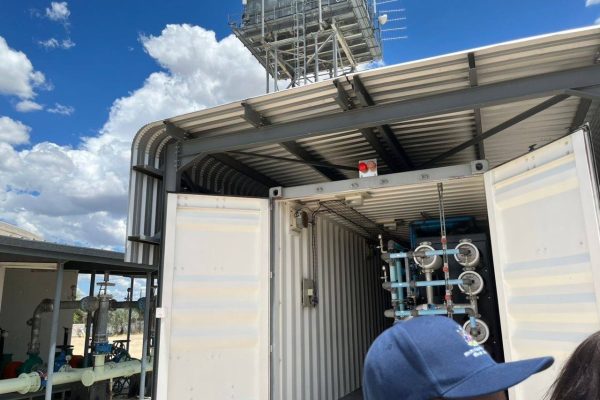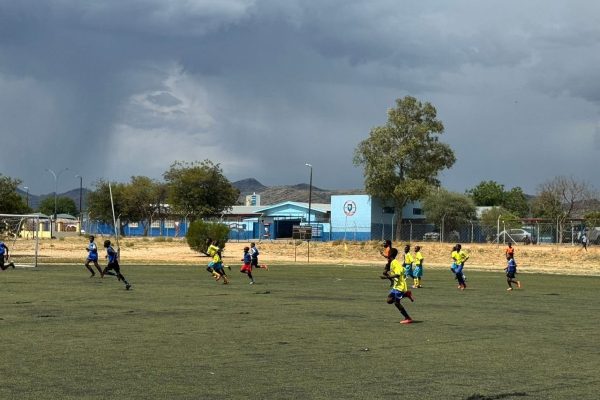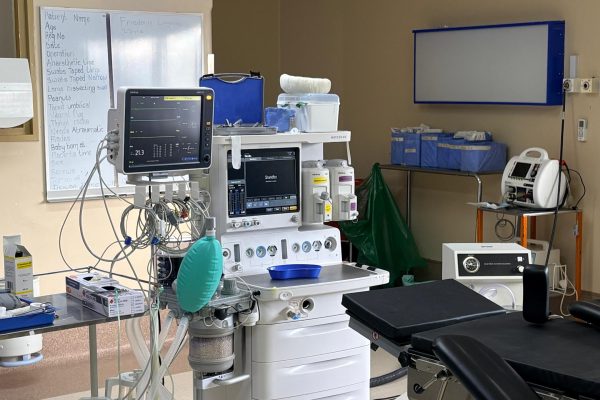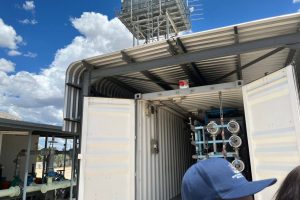
By: Annakleta Haikera
For the people of Rundu, the struggle for clean water has become a painful part of everyday life.
In settlements such as Tumweneni, Tuhingireni, Sikanduko, Kaisosi, Suncity, and Ndama South/East, residents wake up before dawn with buckets and containers, hoping to collect a few litres of water from ponds or communal taps – if they are lucky enough to find any running at all.
What was once a temporary inconvenience has now turned into a full-blown humanitarian crisis.
With taps often dry for days and water trucks visiting irregularly, residents have turned to unsafe sources in desperation, scooping water from ponds, ditches, and the Kavango River. But these same ponds are used by livestock and sometimes contaminated with waste, making the water unsafe for human consumption.
Local clinics and the Rundu Intermediate Hospital have recorded a rise in diarrhoeal diseases, typhoid, and other infections linked to contaminated water.
Children and the elderly are the most affected.
One resident, 50-year-old Anneli Hamunime, said she was recently hospitalised along with her eight-year-old daughter after drinking pond water.
“We knew it wasn’t clean, but when your children are crying from thirst, you can’t just watch them suffer,” she explained.
Community leaders have voiced frustration for months, accusing both the Rundu Town Council and NamWater of neglect. Some residents in the Tumweneni informal settlement have threatened to boycott next month’s elections should the water crisis persist.
Adding to their frustrations, residents also claim the Rundu Town Council drilled four boreholes in April last year, but they remain non-operational.
Tumweneni, home to over 13,000 people, has about 9,000 registered voters with the Electoral Commission of Namibia (ECN).
Rundu mayor, Gabriel Kanyanga, said the water shortage is not a new issue, but one that has persisted for over four years due to aging infrastructure, growing demand, and frequent power outages disrupting pumping systems.
“The truth is, our town’s population has outgrown the water supply system,” Kanyanga said.
“We depend heavily on NamWater, and the current facilities are not enough to serve the entire community,” he added.
NamWater has acknowledged the dire situation and announced that a new water treatment plant is under construction to increase supply to Rundu and surrounding areas. The project, initially set to start two years ago, is now underway and expected to be completed next year. Once operational, it is projected to ease the water shortage significantly.
Still, residents remain sceptical.
“They have been telling us about this ‘new water plant’ for years,” said Alex Muyambango disappointingly.
“We keep hearing about plans, but what we need is water now,” he said.
As temperatures rise and the dry season continues, many fear the worst is yet to come. Some residents say they feel neglected and stripped of their dignity.
“They treat us like people who have no rights,” lamented one resident. “How can we vote when our leaders are the only ones benefitting?” they queried.
During a visit to Rundu on Monday, Minister of Urban and Rural Development, James Sankwasa, ordered NamWater to restore the water supply to residents within two days, stressing that “people need water.”
The minister warned that when such situations persist, public frustration is often directed at the government—even when resources have been allocated.
“The government is employing you and paying your salary, yet you are not doing your best,” he remarked, urging officials to redouble their efforts to ensure a reliable water supply for the people of Rundu. He further noted that the crisis has not been treated as an emergency and demanded clear plans of action to deal with the matter.
“We all agree there’s a problem,” he said.
“But I need a solution; short-term and long-term. Construction up to next year is long-term. What is the short-term plan to get water to Rundu now?” he questioned.
Sankwasa also questioned NamWater’s operational capacity and challenged the utility to prove it can deliver on its mandate by filling the non-leaking towers expeditiously.
Despite the minister’s directive, residents in Rundu still remain without water.
For now, the search for clean water continues as a daily struggle that has left many feeling abandoned in their own town.









